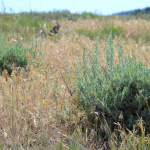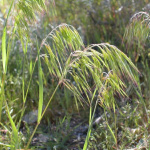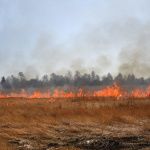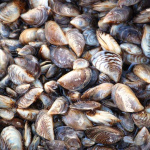Resource
The RAD Framework to Address Ecological Transformations
Summary: Ecological transformations are persistent shifts in multiple components of an ecosystem that are not easily reversed and they make it increasingly hard to maintain ecosystem conditions based on historical baselines. The RAD (resist, accept, direct) framework offers alternative management approaches in addition to those aimed at maintaining historical conditions, including accepting ecosystem transformations or directing systems towards novel conditions.
Invasion Potential
Summary: As Earth’s climate changes, it alters the characteristics of ecosystems which can stress native species, increasing a community’s susceptibility to novel invasions. This can increase the invasion potential of an invasive plant species or region. Whether or not the invasion potential is realized depends on several factors including species interactions (which are difficult to quantify) and the traits of the invasive and native species in the community.
The Invasive Grass-Fire Cycle in the North Central U.S.
Summary: States in the North Central region have been invaded by grass species capable of altering fire regimes and creating self-perpetuating 'grass-fire cycles'. Under climate change, these grasses may interact with drought and fire to burn more and exclude native species. Managers can plan for these interactions and create collaborative communities to address these complex challenges.
Double Trouble: Understanding risks from invasive species and climate change
Summary: Individually, invasive species and climate change are major threats to global ecosystems. Together they create new challenges for effective management. Management strategies need to be designed to respond to this double trouble, and we need to understand how these two forms of global change interact.
Read Double Trouble (pdf version) here.
Published 5/16/22




